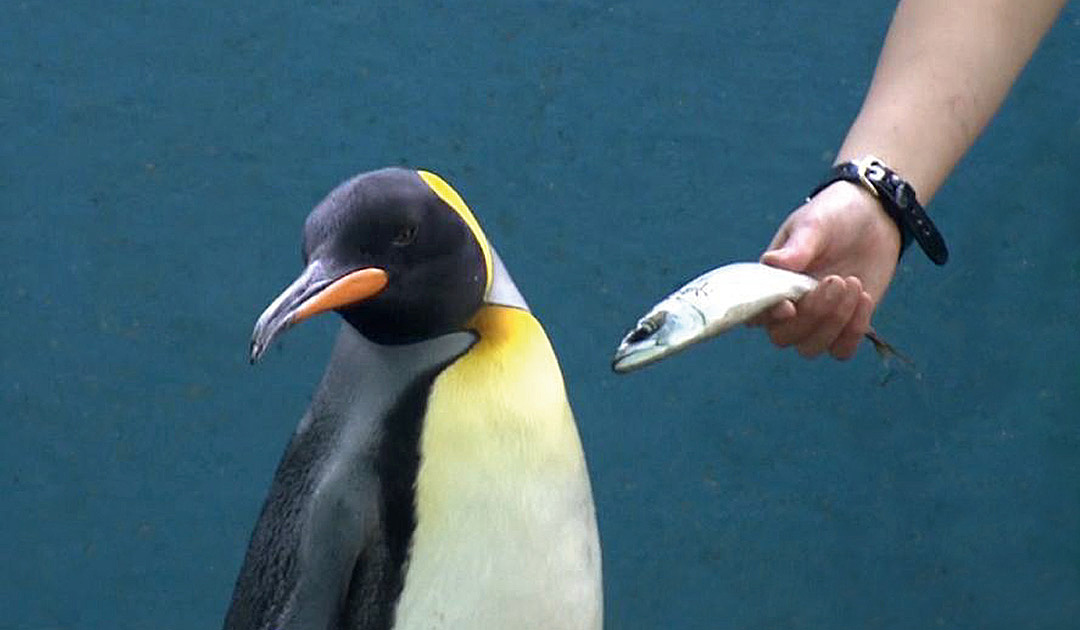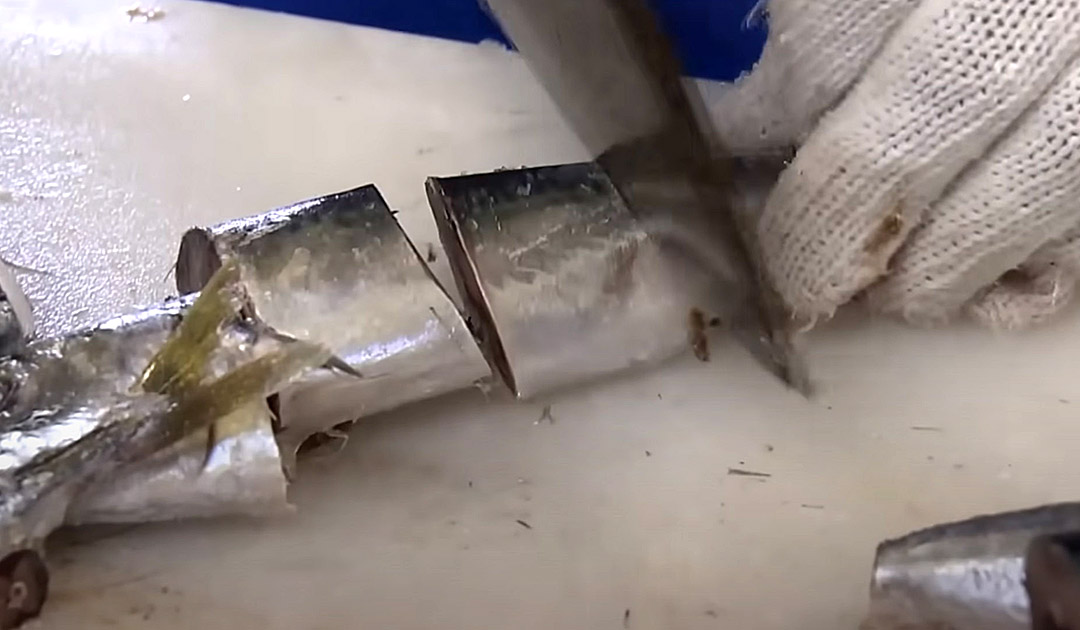
Inflation does not stop at zoological gardens and aquariums. The Hakone-en Aquarium is home to 32,000 animals, including sharks and seals. They have not been immune to the economic problems plaguing many economies around the world. This is now being felt by the penguins and otters of the Hakone-en Aquarium, located in the central Japanese region of Kanagawa, south of Tokyo. To cut costs, the high-protein horse mackerel or bastard mackerel (Trachurus trachurus) has been replaced with cheaper mackerel, and some penguins and otters don’t like it.

Some of the animals refuse to eat the cheaper food. While some cautiously peck at it, others sniff their beaks and scowl.
Aquarium manager Hiroki Shimamoto told the press, “They take the mackerel in their beaks first, then decide they don’t like it and just drop the fish.”
Shimamoto went on to say, “The cost of running the aquarium has increased by about 20 percent since the beginning of the year. They started switching the 20 penguins and five seals to cheaper mackerel in May, replacing only 10 percent of their diet with the cheaper protein. Starting in July, about 30 to 40 percent of the diet will be cheaper fish.”
The problem is even more acute with otters in the aquarium. Shimamoto said the otters have uniformly rejected the cheaper horse mackerel substitute.
Officials announced that the switch was made after prices for horse mackerel increased by about 20 to 30 percent from the previous year due to low catches.
Although the delicacy is still in the feed supply in smaller quantities, Shimamoto said. However, there will be no return to the old menu until prices have also fallen again.

“Of course, we could raise the admission price to the aquarium to fix this problem, but we want to do our best to keep our facility a pleasant place for our guests. That’s why we have no plans to raise admission prices,” Shimamoto said.
Horse mackerel, also known as bastard mackerel (Trachurus trachurus), is a schooling fish that belongs to the spiny mackerel family and normally is native to the Atlantic Ocean from Iceland to South Africa. On the one hand, the fish is very popular in the pet food industry due to its high protein content. However, it is also highly prized as an edible fish, especially in Europe…. and seemingly also by penguins in Japan.
Heiner Kubny, PolarJournal





